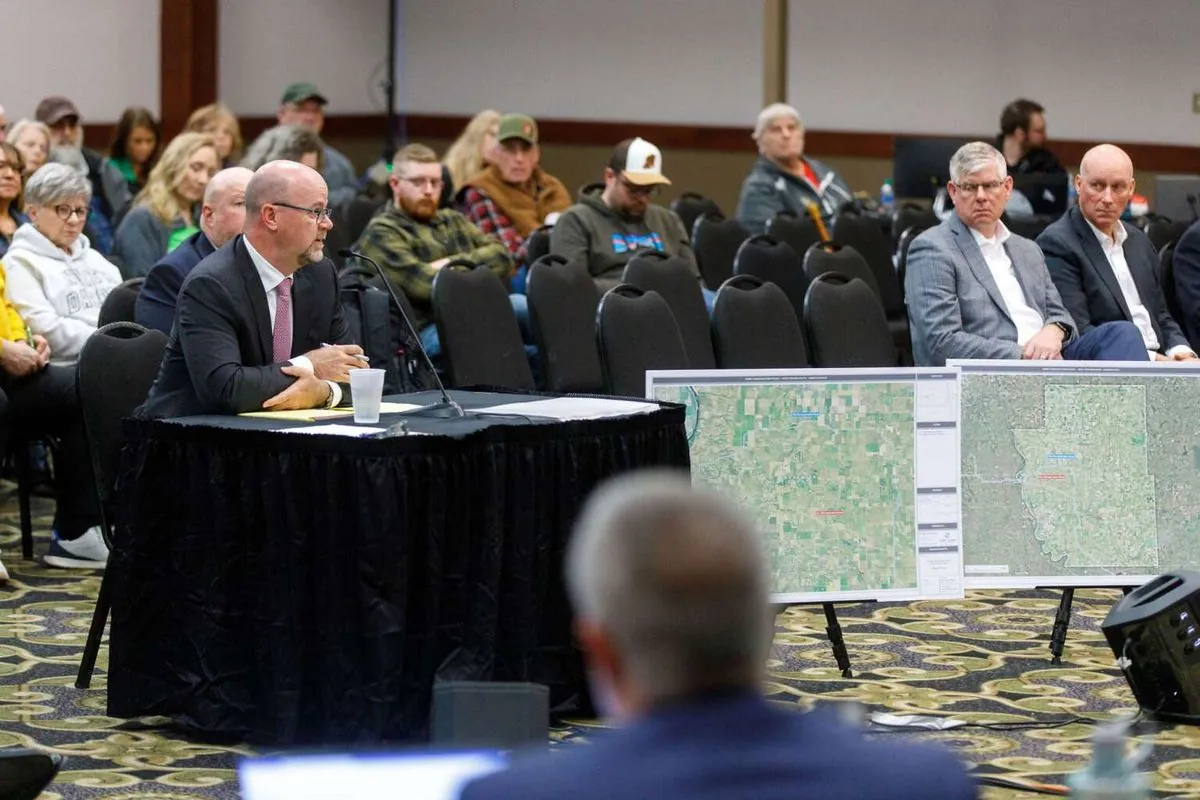On August 16, 2024, a significant ruling was issued by the U.S. Court of Appeals for the District of Columbia Circuit, overturning several natural gas pipeline safety standards that had been implemented by President Joe Biden's administration. This decision came in response to industry concerns about the substantial costs these regulations would impose on pipeline operators.
The court determined that the U.S. Department of Transportation's Pipeline and Hazardous Materials Safety Administration (PHMSA) failed to provide a sufficient explanation for why the benefits of the revised standards outweighed their costs. This ruling highlights the ongoing challenge of balancing safety regulations with economic considerations in the energy sector.
The Interstate Natural Gas Association of America, a trade group representing interstate natural gas pipeline companies, had initially supported many of the revisions. However, they ultimately challenged five specific standards that were adopted despite their objections. These standards, finalized in 2022, included new requirements for operators to address issues such as pipeline wall thinning, corrosion, and the development of cracks and dents.
U.S. Circuit Judge Florence Pan, writing for the three-judge panel, stated that the PHMSA's analysis of the costs associated with the new standards was inadequate, inconsistent, or entirely absent. She emphasized that imposing new safety requirements without properly addressing the costs was untenable.
It's worth noting that the natural gas industry plays a crucial role in the U.S. energy landscape, accounting for approximately 32% of the country's primary energy consumption. The pipeline network, spanning over 3 million miles, is vital for energy distribution and employs millions of Americans.
While safety regulations are essential due to the potential environmental and safety hazards associated with gas leaks, the court's decision underscores the need for a balanced approach. The ruling may prompt a reassessment of how regulatory bodies evaluate and justify new safety measures in the future.
Interestingly, one of the challenged standards was upheld by the court. This particular regulation addressed monitoring for a specific type of pipe anomaly caused by the combination of corrosion and high pressure leading to cracks.
The decision by the D.C. Circuit Court of Appeals, often considered the second most powerful court in the U.S. after the Supreme Court, carries significant weight in regulatory matters. This court hears more regulatory cases than any other federal appeals court, making its rulings particularly impactful on industry standards and practices.
As the natural gas industry continues to evolve, with pipeline incidents decreasing by 20% in the last decade due to improved safety measures, this ruling serves as a reminder of the complex interplay between safety, regulation, and economic considerations in the energy sector.
"We welcome the court's decision, which recognizes the need for a thorough cost-benefit analysis in implementing new safety standards."
The PHMSA, established in 2004 and overseeing nearly 3,000 companies involved in energy and hazardous materials transportation, has not yet responded to requests for comment on the court's decision. As the regulatory landscape continues to evolve, stakeholders in the natural gas industry will be closely watching for any potential revisions or new approaches to pipeline safety regulations in the wake of this significant legal development.
